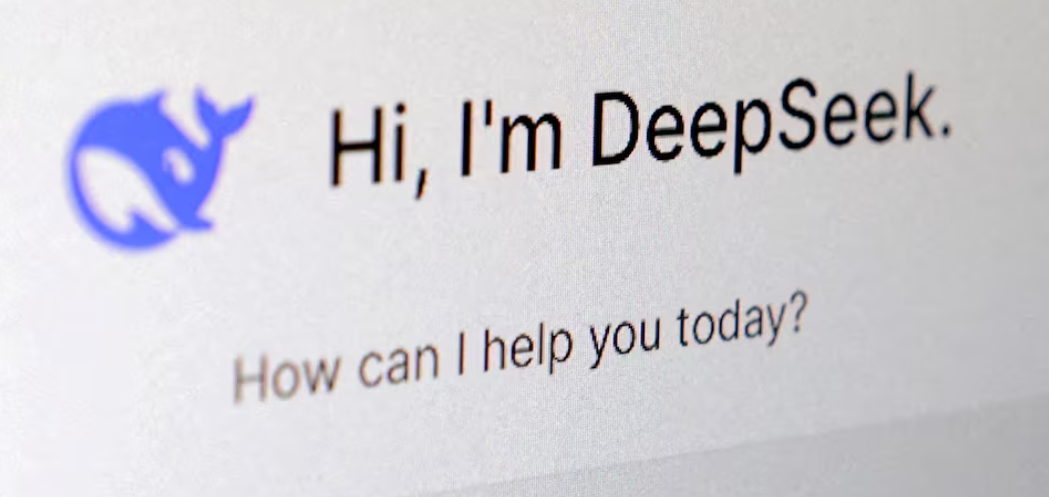Australia Moves Closer to Banning Social Media for Children Under 16
SYDNEY, Nov 27 (Reuters) – Australia has taken a significant step toward imposing a ban on social media use for children under the age of 16 after the country’s lower house of parliament passed a landmark bill on Wednesday. The bill passed with overwhelming support, with 102 votes in favor and 13 against, marking a major development in the government’s ongoing efforts to curb the impact of social media on young people.
The bill, which is part of a broader push to protect children from the potential harms of social media, was backed by Prime Minister Anthony Albanese’s center-left Labor government, securing bipartisan support from across the political spectrum. If fully enacted, the legislation would make Australia one of the first countries in the world to impose such strict social media regulations aimed at protecting minors.
However, the proposed legislation has sparked a heated debate, with major tech giants, including Google (Alphabet) and Facebook-owner Meta, urging the Australian government to delay the bill. The companies have raised concerns about the potential impact on their operations, privacy issues, and the ability of young users to access important online services for educational and social purposes.
Despite these objections, the Albanese government has pressed ahead, arguing that the ban is necessary to protect children from harmful content, cyberbullying, and the mental health risks associated with excessive social media use. Experts have long pointed to the negative effects of social media on the well-being of young people, including increased rates of anxiety, depression, and body image issues.
If the bill becomes law, it would represent one of the most stringent regulatory frameworks for social media use globally. As the debate continues, the bill now moves to the upper house of parliament for further discussion and potential amendments before it can be fully enacted. The government remains firm in its stance, with supporters arguing that the legislation is a crucial step toward safeguarding the future of Australia’s youth in the digital age.














Post Comment